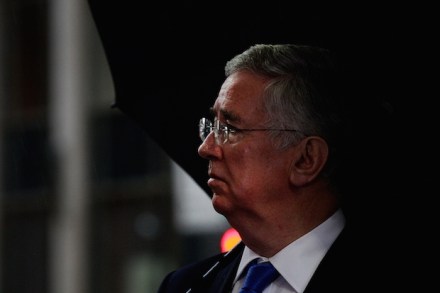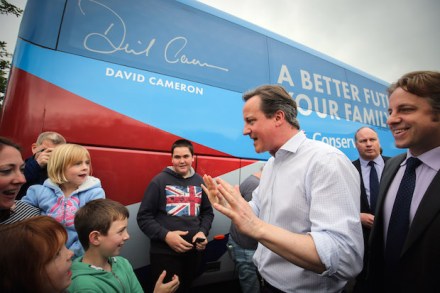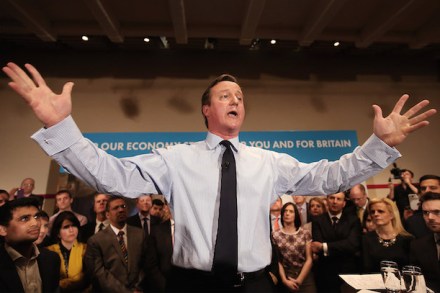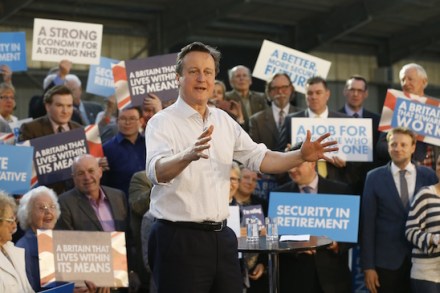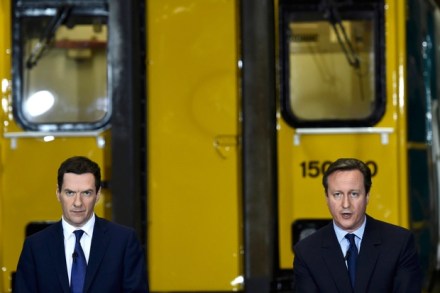Nigel Lawson criticises the Tories’ election campaign
Given that Nigel Lawson served as chancellor of the exchequer in Margaret Thatcher’s cabinet, Mr S suspects that the Conservatives will have hoped that they could rely on Lawson for a vote of confidence as polling day approaches. Alas, Lawson says that he has been disappointed by the manner in which the Conservatives have conducted their election campaign. Writing in the latest issue of The Spectator, Lawson says that on a recent trip to New York, Americans voiced surprise that the Tories were yet to achieve a significant lead in the polls given the strong state of the British economy: ‘During my round of New York engagements, there was, inevitably, a fair amount of US interest


